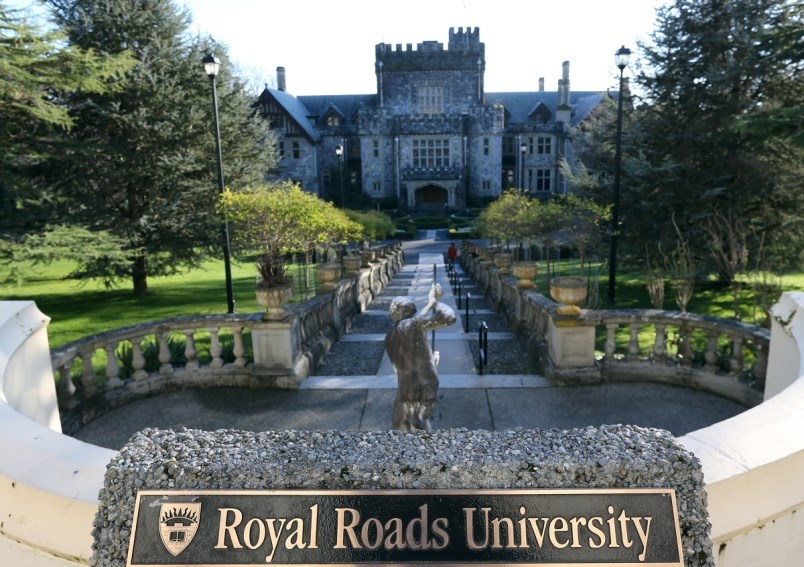This month, we learned that the costs that 215 of the world’s largest companies expect to incur from climate change in the coming years is almost $1 trillion US, according to the Global Climate Change Analysis from the Carbon Disclosure Project.
It comes after the federal government’s Canada’s Changing Climate Report, warning of widespread extreme climate disruption throughout Canada, and countless other reports and warnings, many of them from researchers at universities around the world.
Yet the prospects for large-scale climate action have never seemed more remote. We seem far more able to brace for impact than to pull out of a dive into the mountains — or even to crash-land somewhere and face the consequences.
Why does it seem universities are powerless to spur the long-term collective action needed to address challenges like climate change?
That’s an important question, because there’s a vacuum right now. Governments and business face obstacles to taking that action. Election cycles and an increasingly adversarial, polarized political environment make sustained long-term action next to impossible. It also erodes the underpinnings of civil society itself.
Many businesses recognize the seriousness of challenges like climate change but are hobbled by the demands of the bottom line and profits.
Universities should step up to those challenges. Longer-term, big-picture thinking is definitely our wheelhouse. We should be foreseeing changes, developing solutions and strategies to shape and cope with them and equipping students with the tools to succeed and thrive in an uncertain world.
That means changing to meet the needs of that world.
It isn’t easy for post-secondary institutions to question long-cherished assumptions and embrace uncertainty and change. There’s both comfort and confidence in how we’ve always done things.
At minimum, we need to do far more to encourage research and study across disciplines and academic silos. The very nature of big, complex challenges means that no single discipline can claim a monopoly on them. The trend to interdisciplinary studies has been a healthy one, but we need to take that to a new level of collaboration and cross-pollination.
We also need to completely rethink the nature of education, starting by recognizing that the era of the “one-and-done” education is dead. Climate disruption will demand a whole new range of skills and mindsets in the workplace and in public life.
Couple that with tectonic economic and workplace shifts around automation, and the rise of the gig economy, and it’s clear: We can’t train students for the world they’ll inherit. If we tell students the degree program they complete in their 20s will prepare them for their entire careers, we’re doing them and their employers a disservice.
Instead, we need to change our relationship with students and employers so that universities and other post-secondary institutions are engines of life-long learning. It should be continuous education for a constantly-changing world.
Royal Roads University’s innovations in blended learning and mid-career education are a big part of what spurred me to become its president, yet we too need to change.
The education we offer should train not just skilled workers, but problem-solvers and change-leaders. That means placing less emphasis on the specific technical skills that will be in constant flux, and more on fundamental skills of creativity, synthesis, communication and relationship-building.
And we should expand the role of universities in convening not only conversations, but collaborative partnerships with business, government, communities, First Nations and each other. We should not limit ourselves to identifying solutions, but actively work to assemble the coalitions that can make them happen. It’s been said that change has no constituency; we have to create that constituency.
Of course, many things won’t change, and should not. That includes the importance of inclusion and affordability; our commitment to basic research and the pursuit of knowledge for its own sake, and academic independence, among others. A university is, above all else, an expression of human curiosity — and curiosity is our most important asset in the quest for solutions to urgent, unprecedented challenges.
That curiosity won’t change. But the universities that embody it have to.
Philip Steenkamp is president of Royal Roads University.



